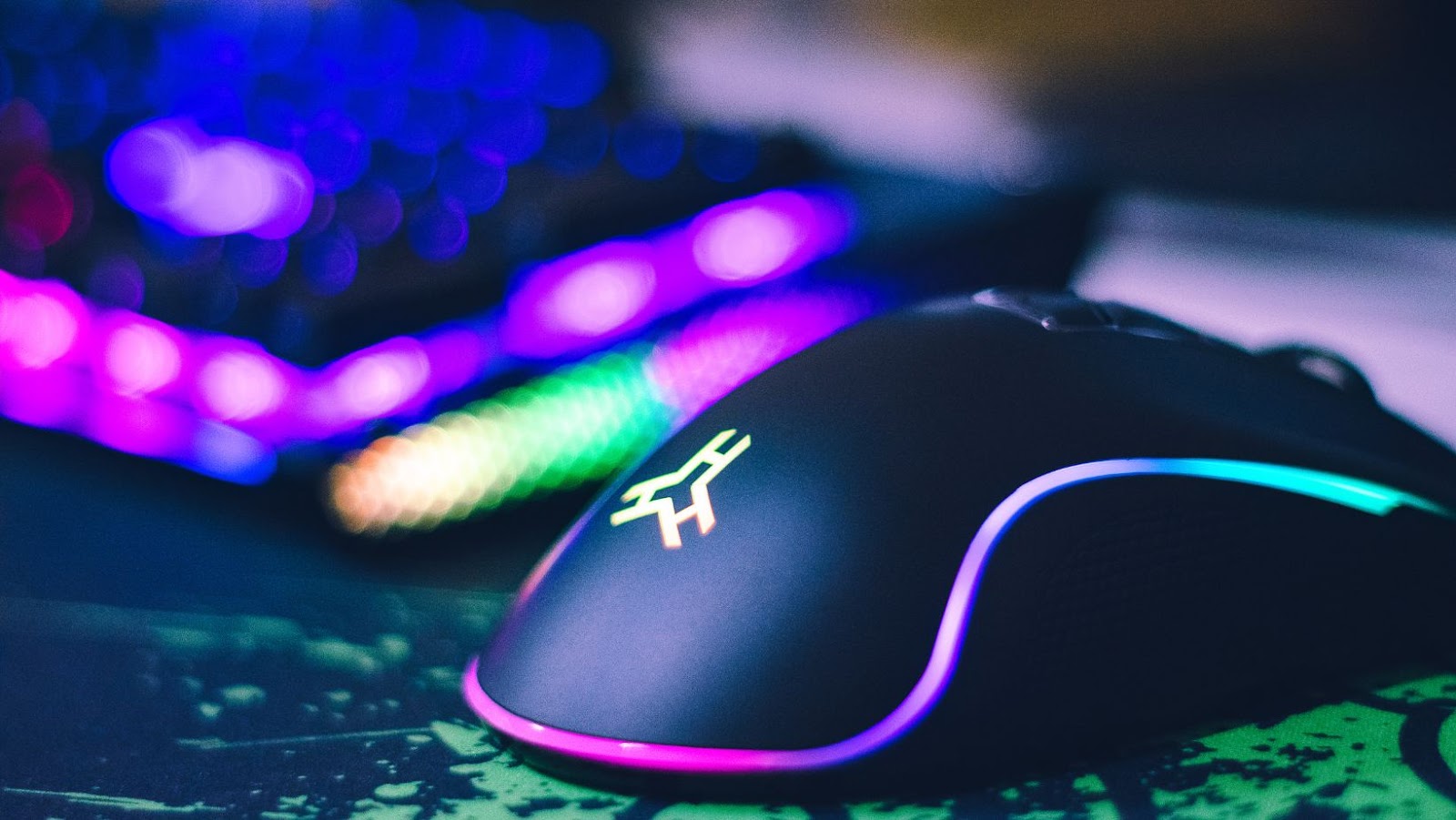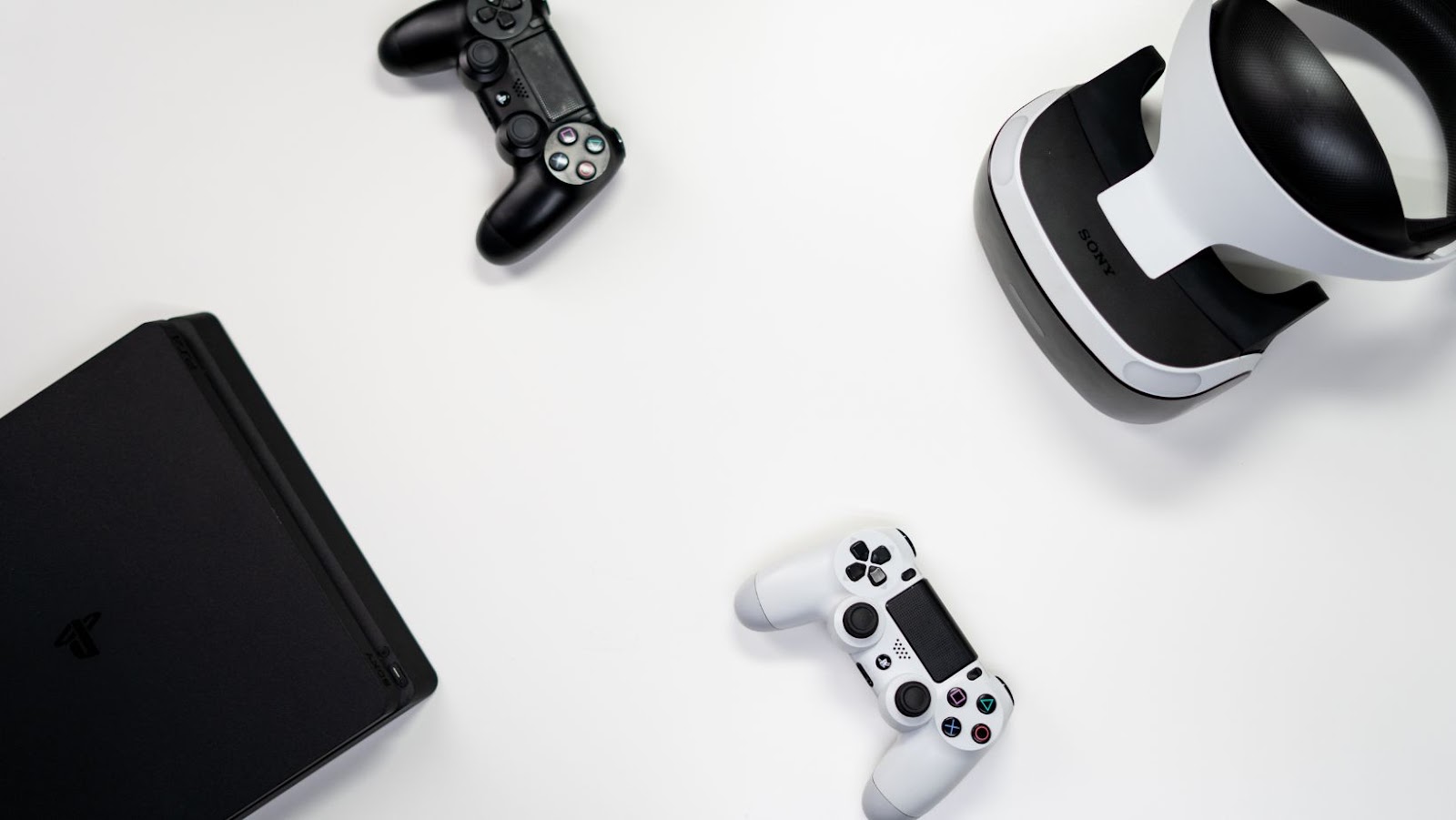 How to Add More Storage to PC for Gaming
How to Add More Storage to PC for Gaming
As the range of games and required data continues to expand, gaming enthusiasts often find themselves needing additional storage capacity. This need arises not just from a desire to accommodate a larger number of games, but also to enhance the overall gaming experience.
How to Add More Storage to PC for Gaming? There’s a multitude of PC games on the market, each with their unique storage needs. For instance, massive multiplayer online games, abbreviated as MMOs, such as World of Warcraft, require up to 70GB of storage. Single-player narrative games, like Red Dead Redemption 2, demand more, nearing 150GB. Smaller indie games such as Stardew Valley only take up around 500MB.
Storage plays an instrumental role in gaming performance. With adequate storage, games load faster, eliminating lag that could disrupt gameplay. For instance, Solid State Drives (SSDs) offer faster data access compared to traditional Hard Disk Drives (HDDs). As such, games installed on an SSD often experience quicker load times. Additionally, extra storage can also save gamers the inconvenience of uninstalling and re-downloading games to make room for new ones, thus reinforcing the important role that ample storage capacity plays in enhancing the overall gaming experience.
 Evaluating Your Current Storage Setup
Evaluating Your Current Storage Setup
Assessing existing storage space forms a significant first step towards optimizing your PC for gaming. How to Add More Storage to PC for Gaming? Check your PC’s present storage standing, it’s vital. Locate the ‘My Computer’ or ‘This PC’ icon on your desktop, right-click and choose the ‘properties’ option. This approach provides an immediate summary of the current hard drive capacity. Navigate your way to ‘System and Security,’ then select ‘View amount of RAM and processor speed.’ This information, gleaned right from your PC system, establishes a clear view of storage status.
Recognize the need for a storage upgrade, carefully considering how your PC performs when running games. You’ll also need to examine factors such as the number of games you typically keep installed simultaneously, the size of these games, and the speed at which you’d like them to load. Notice slow load times, stuttering gameplay, or regular need for deleting games to create room, these are indicators for a potential storage upgrade. Keep in mind, large-scale games can require up to 100GB of storage space, while popular titles like Grand Theft Auto V need around 65GB. If these sizes seem overwhelming in comparison to your PC’s storage, an upgrade assessment might be required.
 Essential Factors to Consider When Adding More Storage
Essential Factors to Consider When Adding More Storage
When the task ahead is adding more storage to a PC for gaming, understanding a range of crucial factors becomes vital. From choosing between SSDs and HDDs to deciding the right storage capacity, several considerations impact the overall performance and experience.
Opting for the storage type plays a pivotal role in ensuring smooth game function. There are two primary choices: Solid State Drives (SSDs) and Hard Disk Drives (HDDs). SSDs, known for their fast access times, help to enhance game load times, and reduce stuttering. HDDs, on the other hand, offer more storage capacity at a lesser cost. However, their slower speed might affect gaming performance.
How to Add More Storage to PC for Gaming? Choosing adequate storage largely depends on the number of games an individual plans to install. A single AAA game can consume between 25GB to 100GB of data. Therefore, for gamers planning to install numerous games simultaneously, opting for storage with a higher capacity becomes a necessity.
Besides capacity, considering performance metrics of the storage offers insight into how a game will run on the system. While SSDs typically offer faster load times, not all SSDs are created equal. NVMe SSDs, for example, tend to be faster than their SATA counterparts. Hence, it’s imperative to pay attention to the storage’s speed and other performance-level aspects when making a choice. So, it’s clear that better storage solutions can drastically improve your PC gaming experience. From SSDs to cloud-based storage, there’s a range of options to meet every gamer’s needs. While each has its pros and cons, the choice boils down to individual gaming habits and preferences.